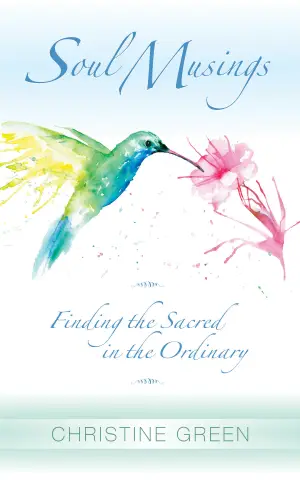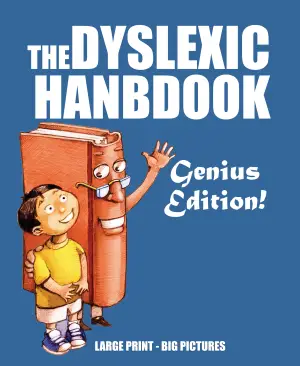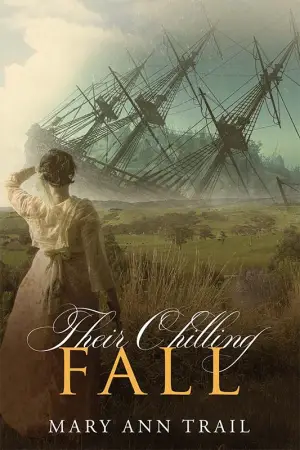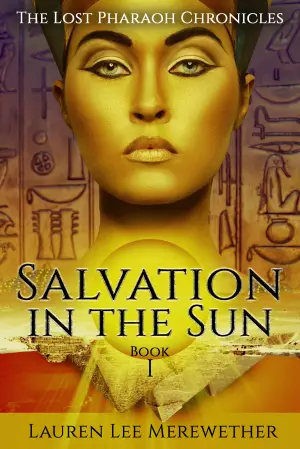Review of Educating About Social Issues in the 20th and 21st Centuries Vol 4: Critical Pedagogues and Their Pedagogical Theories
As I embarked on my journey through the pages of Educating About Social Issues in the 20th and 21st Centuries Vol 4: Critical Pedagogues and Their Pedagogical Theories, I felt an immediate pull towards the significant role that education plays in shaping our understanding of social issues. This volume, the culmination of a series edited by the insightful authors, brought me face-to-face with the complex tapestry of critical pedagogy. It resonated with my ongoing quest to understand how education can be a tool for social change, and I couldn’t wait to dive in.
From my very first encounter with this volume, it became apparent that it does a remarkable job of weaving together the lives and philosophies of pivotal figures in critical pedagogy. The authors have meticulously explored diverse strands, including critical theory, feminism, and race theory in education, all integral to understanding how social issues can and should be interwoven into the fabric of public schooling. It’s like a rich buffet of ideas, each more thought-provoking than the last.
What I found particularly compelling was the way the book tackled deeply entrenched educational practices and challenged conventional wisdom. The narratives surrounding key educators made it personal; their struggles, triumphs, and ideologies felt relatable. One standout was Henry Giroux, whose passionate defense of critical pedagogy emanated through every page. I couldn’t help but feel inspired by his belief that education is inherently political and should empower students to think critically about the world around them.
The pacing of the book is methodical yet engaging. It doesn’t rush through critical ideas but rather invites readers to linger on concepts, encouraging reflection and deeper understanding. The annotated bibliography format is a treasure trove for any educator or scholar, waiting to be explored with curiosity. Each section offered ample food for thought, and I found myself jotting down notes and bookmarks for future reference.
Quotes such as, “Education must be seen as a practice of freedom, a way to engage in the world critically,” struck a chord with me. It’s not just about knowledge acquisition; it’s about moving beyond the textbooks to foster a genuine discourse on social justice and equity. Such sentiments permeate the volume, urging us to not only accept the status quo but to challenge it alongside our students.
I wholeheartedly recommend this book to educators, students, and anyone who believes in the transformative power of education. It’s not a light read, but the depth of knowledge and thought-provoking insights make it an invaluable resource, especially for those looking to influence social consciousness through pedagogy.
In reflecting on my experience with this volume, I realize that it has not merely filled my mind with new information but has opened my heart to the possibilities of change that education can foster. Each page reminded me that teaching is not just a profession; it is a profound act of love and belief in a better world. If you’re in search of a book that ignites conversations about justice, equity, and the role of education in our society, then this volume should find a special place on your shelf.















